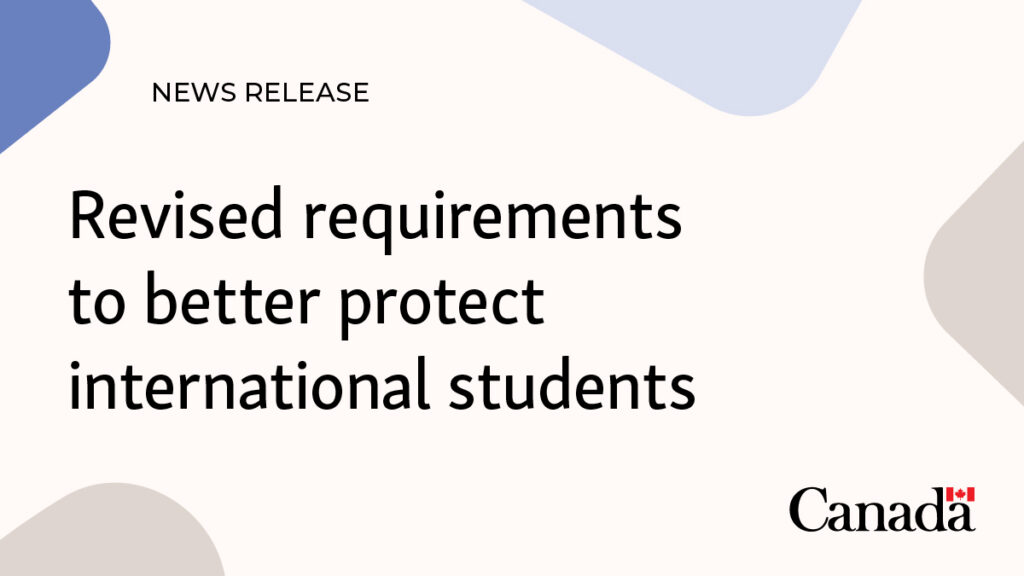It’s no secret that becoming an international student has been one of the most successful immigration pathways to Canada. Aside from attaining world-class education which increases your chances of attaining a good job in the future, studying in Canada is relatively cheaper versus studying in other English-speaking countries such as the U.S., U.K., Australia and New Zealand, with Canada providing even more benefits not just for the student but also for the family that accompanies them.
The surge of international students has also contributed to the growth of the Canadian economy across various provinces. International students provide workers to fill temporary job vacancies and overall, stimulate the economy due to more consumers to purchase goods, vehicles, rent or purchase apartments, and the list goes on. Unfortunately, this growth has been unsustainable in the past couple of years so it comes as no surprise that there are now new changes to the student permit requirements for 2024 to 2026.
Here’s a summary of the major changes announced earlier in 2024:
- Decrease in international student approvals – across all of Canada, a temporary cap has been set at 360,000 international students for 2024 (a 35% decrease from 2023). The cap for 2025 will be determined at the end of 2024. This cap on international students only applies to those wishing to study undergraduate programs (bachelor’s degree, diploma, and certificate programs). Those pursuing Master’s and PhD programs, primary or secondary schools students, visiting or exchange students, those students already in Canada with a valid study permit, and in-Canada family members of study permit holders are all exempt.
- Increased cost-of-living requirements for students – effective January 1, 2024, international students will need to show at least $20,635 CAD for a single person (previously only $10,000 CAD), in their application for a student visa. This requirements is for all provinces except Quebec.
- Provincial Attestation Letters (PAL) requirement – student visa applications submitted on or after January 22, 2024 now require an attestation from the province or territory the student will be studying in. These are formally called Provincial Attestation Letters (PAL). It is a new step in the student visa application process and is expected to delay the approval process as this new system is being implemented.
- Changes to Post-Graduation Work Permit (PGWP) eligibility – PGWP will no longer be granted to students registered at private career colleges (private colleges that have partnered with designated learning institutions to deliver certain programs) effective enrolled starting September 1, 2024. However, this does not include students who are enrolled in designated learning institutions. MVC Immigration can help determine which college is a designated learning institution and will provide you accurate information. Kindly give us a call.
- Changes to Open Work Permit of Spouse – open work permits will only be issued to spouses of master’s and PhD students and enrolled in professional programs, such as law and medicine. Spouses of international students enrolled in undergraduate and other college programs will no longer be eligible for open work permits for September intake and onwards. Previously, all spouses were eligible to receive open work permits regardless of the program studied.
Overall, these changes are aimed to protect the international student while studying in Canada, prevent student vulnerability and exploitation. The Canadian government believes these new requirements better reflect the true cost of living in Canada and will address the various issues that have cropped up in recent years across the various provinces.
While these changes will prove challenging at the onset, the study permit route remains the most viable immigration pathway for a lot of foreigners that are still outside of Canada, wherein the student is able to bring his or her spouse and children for the duration of their studies. Studying in Canada will still expose the student to numerous job prospects, receive universal health care, and still allow the student to easily immigrate after completing their studies after having heir educational credentials certified, attain at least a year of Canadian work experience, and score well in their English or French exam.
Contact us today to see if you qualify for this immigration pathway.

